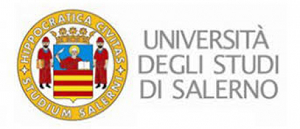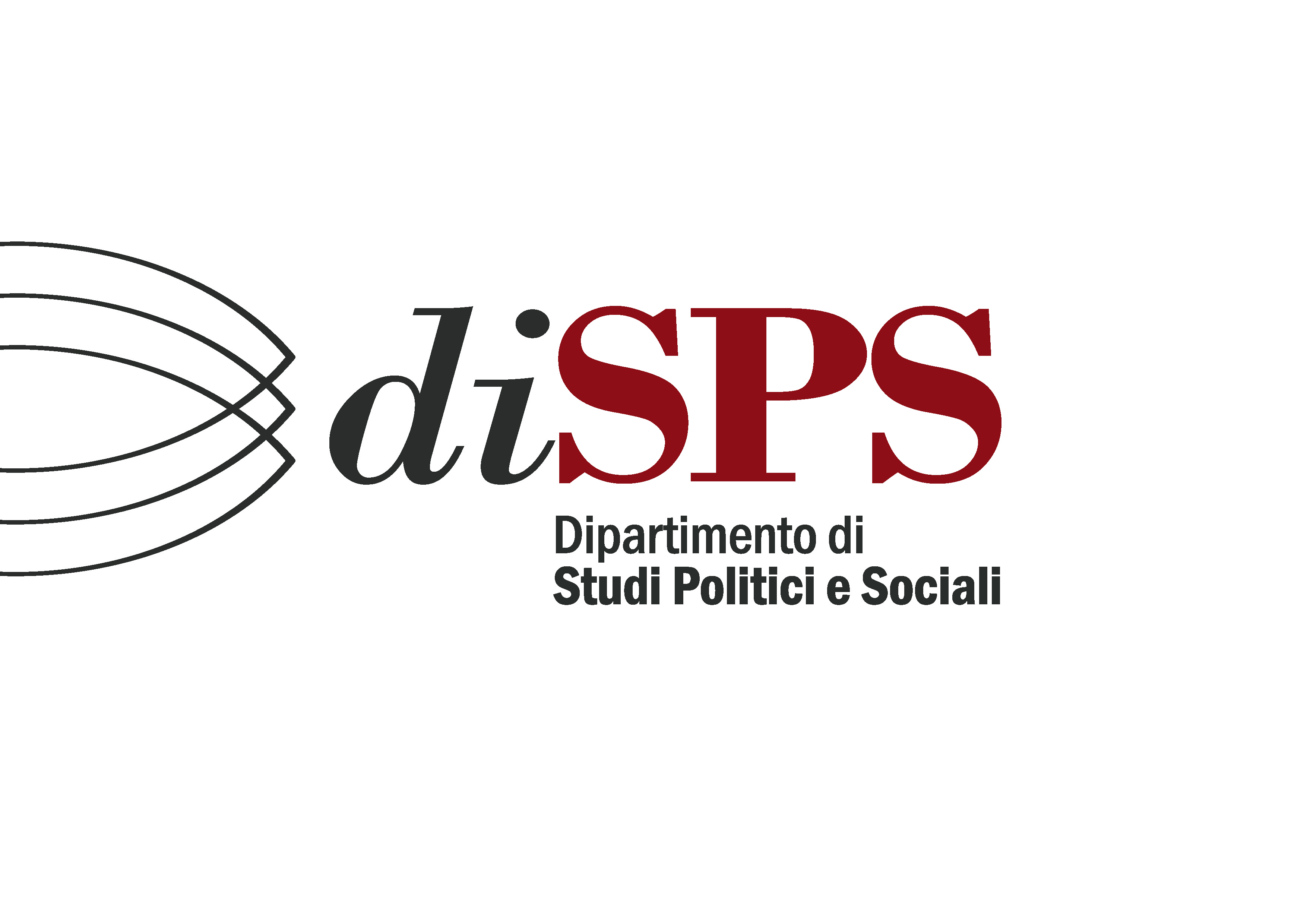Working Papers CSE Anno 2017
Intercultural education policies across Europe as responses to cultural diversity (2006-2016)
Irina Sikorskaya
Condividi
Abstract
The purpose of this research is to trace the dynamics of the development of the inter-cultural education within the education policies across Europe. The brief summary of the IE development during previous four decades is presented. The principal part of the paper is dedicated to the content analysis of the EU education policies documents in regards of IE during the last decade 2006-2016. So far there is no agreed definition on this type of education, so I tried to clarify (through research articles and policy documents) the latest approaches (trends, preferences, boundaries, prejudices, etc.) on using the terminology Multicultural and/or Intercultural Education, its interpretation in academic papers and in policy documents. The debates on multiculturalism-interculturalism are referred to with the purpose to learn how these debates influence the European education policies. I indicated that the development of intercultural education continued under the neoliberal agenda in education policies and it was echoed in many documents. I found it was worthy to list the European Commission’s initiatives of the recent years in forms of granted projects and subsidized programs to stimulate and compliment the educators’ activities in the field of intercultural education. I came to conclusion that the overall rhetoric of the last decade’s policies and researches was undoubtedly glorifying and elevating intercultural education, the wording and language of the policy documents were enormously enriched, extended and reflected the current trends and issues. Although in practice it is seen that certain deficiencies occur in translating the EU supranational guidelines at the level of national policies.
Keywords
Multicultural/intercultural education; European education policies; immigrant education; European Commission.
Full Text: pdf
Doi: 10.14273/unisa-951
References
Athens Declaration (2003): http://www.coe.int/T/E/Cultural_Co-operation/e-ducation/Standing_conferences/e.21stsessionathens2003.asp#TopOfPage
Batelaan P. (1995), Developing a Democratic Multicultural European Society: the Role of Education. Available at: https://www.dss.gov.au/our-responsibilities/settlement-and-multicultural-affairs/programs-policy/a-multicultural-australia/programs-and-publications/1995-global-cultural-diversity-conference-proceedings-sydney/culture-education-and-language/developing-a-democratic-multicultural
Batelaan P., Coomans F. (1995), The International Basis for Intercultural Edu-cation Including Anti-Racist and Human Rights Education, Strasbourg, Council of Europe.
Bleszynska K. (2008), Constructing intercultural education, in «Intercultural Education», XIX, 6, pp. 537-545.
Commission of the European Communities (2005), Recommendation of the European Parliament and of the Council on key competences. Available at: www.europarl.europa.eu/…com(2005)0548_/com_com
Coulby D. (2006), Intercultural education: theory and practice, in «Intercultur-al Education», XVII, 3, pp. 245-257.
Council of the EU (2001), The concrete future objectives of education and train-ing systems. Report from the Education, Youth and Culture Council. Available at: http://ec.europa.eu/dgs/education_culture/repository/education/policy/
Council of the EU (2009), Council Conclusions on the Education of Children with Migrant Background. Available at: http://www.consilium.euro-pa.eu/uedocs/cms_data/docs/pressdata/en/educ/111482.pdf
Council of Europe (2002), The New Challenges of IE: Religious Diversity and Dialogue in Europe, Strasbourg, Council of Europe.
Council of Europe (2003), Declaration by the European Ministers of Educationon Intercultural Education in the New European Context, Strasbourg, Council of Europe.
Council of Europe (2005), Policies and Practices for Teaching Socio-cultural Diversity, Strasbourg, Council of Europe
Daun H. (2009), A way forward, in H.B. Holmarsdottirn, Mina O’Dowd (Eds.), Nordic Voices. Teaching and Researching Comparative and International Education in the Nordic Countries, Rotterdam, Sense Publishers, pp. 281-308.
Dale R. (2009), Studying globalization and Europeanisation in Education: Lisbon, the Open Method of Coordination and beyond, in R. Dale, S. Robertson (Eds.), Globalisation and Europeanisation in Education, Oxford, Symposium Books, pp. 121-140.
Dervin F., Layne H., Tremion V. ( 2015), Making the most of Intercultural Education, Cambridge, Cambridge Scholars Publishing.
European Commission (2007), Third Annual Report on Migration and Integration issued by European Commission. Available at: http://www.intercultural-europe.org/site/database/publication/third-annual-report-migration-integration
European Commission (2015), Schools, VET and Adult education helping newly-arrived refugees in Europe. Available at: ec.europa.eu/…/education…/education/…/schoolvet-adult
European Commission (2016), Education policies to foster tolerance in children/and young people in the EU, Luxembourg, Publications Office of the European Union.
European Parliament’s Committee on Culture and Education (2008), Intercultural Education at School. Available at: www.europarl.europa.eu/…/2008/…/IPOLCULT_ET(2008)
EPRS (2015), Intergating migrants and their children through education. Available at http://www.eprs.ep.parl.union.eu
Hantrais L. (2000), Social Policy in the European Union, Basingstoke, Macmillan.
Heckmann F. (2008), Education and migration: strategies for integrating migrant children in European schools and societies, Brussels, European Commission.
Hill I. (2007), Multicultural and International Education: Never the Twain Shall Meet?, in «International Review of Education», LIII, 3, pp. 245-264.
Faas D. (2011), The Nation, Europe, and Migration: A comparison of geography, history, and citizenship education curricula in Greece, Germany, and England, in «Curriculum Studies», XLIII, 4, pp. 471-492.
Faas D., Hadjisoteriou Ch., Angelides P. (2014), Intercultural education in Europe: policies, practices and trends, in «British Educational Research Journal», XL, 2, pp. 300-318.
Kymlicka, W. (2012), Comment on Meer and Modood, in «Journal of Intercultural Studies», XXXIII, 2, pp. 211-216.
Levinson M. (2010), Mapping Multicultural Education, in H. Siegel (ed.), The Oxford Handbook of Philosophy of Education, Oxford-New York, Oxford University Press, pp. 428-450.
Living together. Combining diversity and freedom in 21st-century Europe (2011). Report of the Group of Eminent Persons of the Council of Europe. Available at https://cps.ceu.edu/news/2011-05-17/living-together-com-bining-diversity-and-freedom-in-21st-century-europe-a-report
Meer N., Modood T. (2012), How does Interculturalism Contrast with Multiculturalism?, in «Journal of Intercultural Studies», XXXIII, 2, pp. 175-196.
Mahalingam R., McCarthy C. (2000), Multicultural Curriculum: New directions for social theory, practice and policy, in «British Journal of Educational Studies», IL, 1, pp. 95-97.
Munoz R. (2015), European Education Policy: A Historical and Critical Ap-proach to Understanding the Impact of Neoliberalism in Europe, in «Journal for Critical Education Policy Studies», XIII, 1, pp. 19-42.
Nieto S. (2006), Solidarity, courage and heart: what teacher educators can learn from a new generation of teachers, in «Intercultural Education», 17, pp. 457-473.
OECD (2010), PISA 2009. Results: Learning Outcomes of Students with an Im-migrant Background. Available at: https://www.oecd.org/pisa/pisapro-ducts/48852584.pdf
OECD (2012), Updated Skills. Realizing the potential of immigrant children. Available at: http://www.oecd.org/edu/school/programmeforinternationalstudentassessmentpisa/pisa-untappedskillsrealisingthepotentialofimmigrantstudents.htm
Otten M. (2003), Intercultural Learning and Diversity in Higher Education, in «Journal of Studies in International Education», VII, 1, pp. 12-26.
Portera A. (2008), Intercultural education in Europe: epistemological and se-mantic aspects, in «Intercultural Education», XIX, 6, pp. 481-491.
Porcher L. (1979), Second Council of Europe Teachers’ Seminar on the ‘’The education of migrant children: intercultural pedagogy in the field, Strasbourg, Council of Europe.
Puzic S. (2007), Intercultural education in the European context: analysis of the selected European curricula, in «Metodica», 15, 2008, pp. 390-407.
Tsaliki E. (2013), Intercultural education in Greece. The case of thirteen primary schools, Doctoral Degree Thesis, London, Institute of Education, University of London.
UNESCO (2006), UNESCO Guidelines for Intercultural Education, Paris, UNESCO.
UNESCO (2008), The 2nd UNESCO world report in cultural diversity: investing in cultural diversity and intercultural dialogue. Available at: http://www.unesco.org/new/en/resources/report/the-unesco-world-report-on-cultural-diversity/
Wahlstrom N. (2016), A third wave of European education policy: transnation-al and national conceptions of knowledge in Swedish curricula, in «Europe-an Educational Research Journal», XV, 3, pp. 298-313.
Wieviorka M. (2012), Multiculturalism: a concept to be redefined and certainly not replaced by the extremely vague term of interculturalism, in «Journal of Intercultural Studies» 33, pp. 225-231.
Zilliacus H., Holm G. (2009), Intercultural Education and Multicultural Education: The Same or Different?, Conference ECER. Available at http://www.eera-ecer.de/ecer-programmes/conference/21/contribution/39040/


